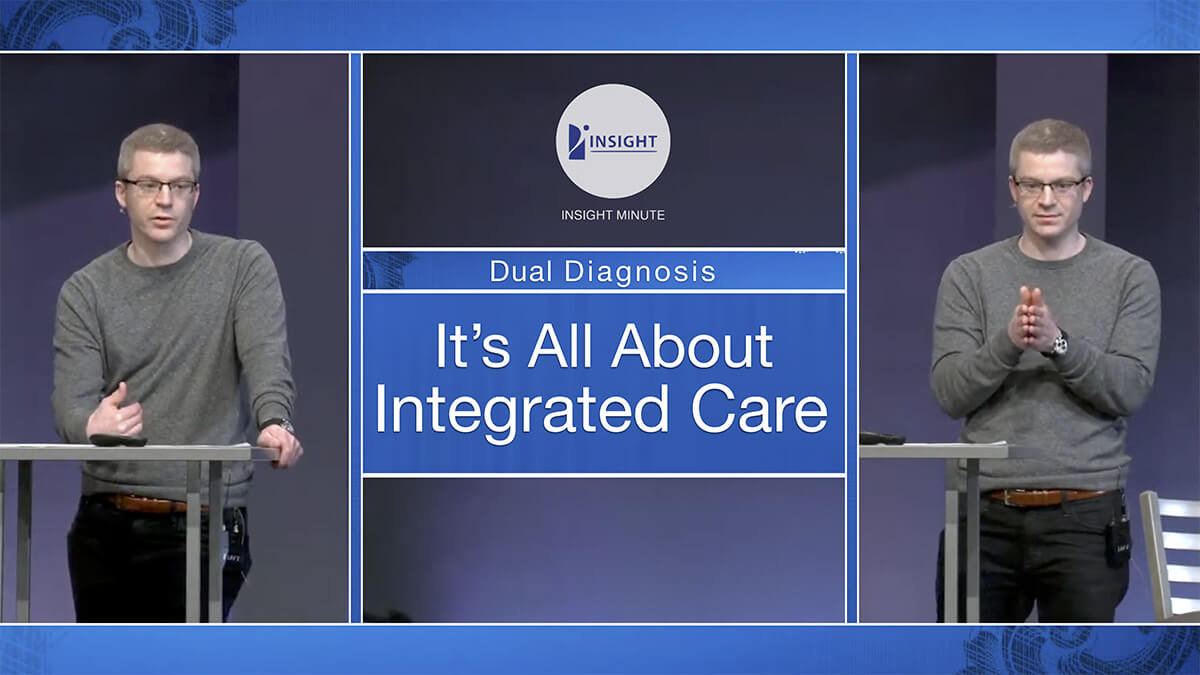Matt Christian, LCSW
Though more people are becoming familiar with the term “dual diagnosis”, let’s first get clear on what it means. Simply put, it’s when an individual has both a mental health disorder and substance use disorder simultaneously. This is not a rare occurrence. In fact, it is estimated that around 50% of people with a substance use disorder have a cooccurring mental health disorder. As a clinician, I’m always screening for both during the assessment process.
So, why is this important? Untreated mental illness leads to higher rates of relapse and worse outcomes overall. Nothing in our lives exists in a vacuum. Treatment that focuses on just substance use or mental health is less effective. It’s all about integrated care, in which both are addressed simultaneously. We need to be treating the whole person.
In practice, integrated care can take many forms and needs to be tailored to the individual. Some potential features of integrated care may include:
- Individual and/or group therapy,
- Meeting with a psychiatrist for medication to treat the mental health disorder, or medications that reduce cravings for substances,
- Involving important stakeholders (e.g. parents, spouses, support networks),
- Helping the client seek and maintain employment,
- Strategies for building healthy relationships, and
- Referrals for higher levels of care when needed.
In my view, a crucial element of integrative care is to have a clients’ providers communicating and collaborating on the case. Unfortunately, in my experience, it can often be hard to get responses from psychiatrists and other providers. This is understandable as oftentimes they have very large caseloads that don’t allow for frequent, in-depth conversations with a client’s therapist.
A luxury that we have at our practice is that we have psychiatrists “in-house” that I have frequent contact and personal relationships with. When I have a client who is also seeing one of our psychiatrists, it is easy for us to call the other or talk about cases when there is downtime in the office. Regardless, it is often important for clients and their loved ones to build a treatment team that is experienced in working with dual diagnosis.
While these cases can be complex, I have confidence in people’s resiliency and ability to heal. It’s never a straight line of progress; there will be ups and downs along the way. However, a healthier, more fulfilling life is possible. People who are struggling aren’t just a “diagnosis” or defined by their difficulties. They have great strengths that help them on their journey towards wellbeing. As a clinician, being a part of that journey is a great honor and joy.

If you or someone you love is struggling with their mental health and substance use, we can help. Please call 703-646-7664 for more information.






